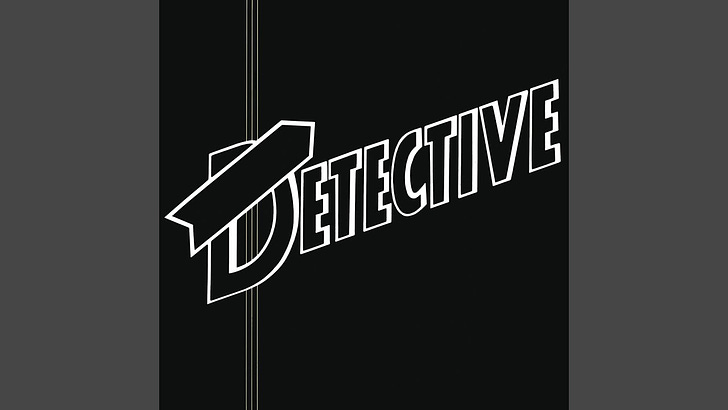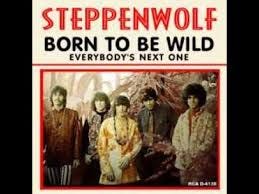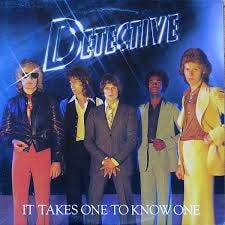Sling any cliches you like about the lifestyles of musicians. Deride them as lazy, opportunistic hedonists prone to excesses of every sort. But give people who play music fulltime this much: They are profoundly, extraordinarily adaptable.
It’s been that way forever. Across all genres. Consider the classical musicians of the 1950s, who might have been employed by orchestras but regularly brought their magic to recordings for schmaltzy pop singers and Broadway cast albums. Or the jazz musicians who were part of the (large, stylistically diverse) talent pool around labels like Blue Note and Prestige: Sidemen on a record one day, leaders of their own projects literally the next. Records were made rapidly; the standing expectation was that the players on the date could handle the musical challenges, whatever they might be. The players walked in knowing what they had to bring – one sensibility and rhythm concept for a Horace Silver album, another for Andrew Hill. It’s a miracle that so many of these four-hour sessions became World Culture Classic documents.
Same goes for rock, country, pop, everything. Given the unending ebb and flow of changing tastes and passing trends, musicians can count on an existence marked by the highs of adulation and the lows of unemployment. It’s not cyclical either. It happens in random waves.
That’s how we get bands like Detective, the hard-rocking if somewhat ordinary outfit that was signed to Led Zeppelin’s Swan Song label and made two albums of polished radio rock and a terrific live album all in calendar year 1977. When it came together, in Los Angeles of course, it was during a lull for British vocalist Michael Des Barres, who was regrouping after his first band, the semi-famous UK-based Silverhead, ended and several other aggregates (including the misnamed Phoenix) crashed. He met and began hanging out with Michael Monarch, who had achieved rock immortality as the guitarist for Steppenwolf during the band’s hitmaking heyday, roughly 1967-1969.
In the mid-’70s, Monarch, an LA native, began hanging with Des Barres while doing the things a musician does — jamming, writing, etc. At the time, Monarch had just renewed a songwriting and performing collaboration with multi-instrumentalist and singer Jon Hyde; they’d worked together in an early ‘70s LA band called Hocus Pocus. When the first Detective drummer didn’t fit, Monarch invited Hyde to audition. In an interview, Hyde recalled that he hadn’t played drums in years — and didn’t own a kit. “I agreed to audition at SIR with drums I had to borrow that were so cheap, I think they were built for the Muppets,” Hyde said. He got the gig, and urged the others to seek out bassist Bobby Pickett.
Also on board: The British keyboardist Tony Kaye, a founding member of Yes and an integral part of the band’s formative period, from 1968-1971, which encompassed the first three albums.
It’s an utterly ordinary origin story that just happens to involve several rock culture boldface names – all of them between gigs, making the best of time out of the spotlight by simply creating music. Think about it now, with the benefit of classic-rock-worshipping hindsight: Does a band with a guitarist from Steppenwolf and a keyboardist from Yes qualify as some kind of supergroup? Not to overlook Des Barres, who followed Detective with other music projects – he fronted the Duran Duran side project the Power Station for its US tour in 1985, and that same year restarted his acting career with a recurring role on the original MacGyver series for ABC.
Detective might not be anyone’s favorite band – on the Swan Song spectrum, it offers solid if shopworn hooks that land squarely in the vicinity of Bad Company B-sides. But its records have the distinctive crunch and guitar sheen and low-end sonic clarity that defined Led Zeppelin’s studio works. They are exciting listening, especially if you don’t hang too much on the lyrics.
Part of that is Page’s involvement, and also the presence of legendary producer Andy Johns: As Des Barres recalled in an interview with Ultimate Classic Rock, though his records stomped, Johns was low-key and serene in the control room. “He would nod his head if he dug it. So there was a real relaxation in that control room. And the secret to Andy Johns, and the secret to any record, is the groove of the thing — the feel you get — and he knew when it was right.”
Arguably the best way to encounter Detective is to pick and choose from the studio sides, catching the distinctly Zep-tinged “Detective Man” from the debut and the harmonically inventive riffage of “Tear Jerker” and “Are You Talkin’ To Me” from the followup.
Then check the band’s last effort, a promotional live date from December 1977 called Live from the Atlantic Studios that still has a dodgy release history. Detective was opening for Kiss at the time, and though the sonics are not pristine, the band arrived onstage in overdrive, then pumped its material up to an arena-rattling intensity level. Everything on this set, including a medley of “Tear Jerker” with the classic “Good Rockin’ Tonight,” exhibits frenzied energy coupled with deep rhythm section cohesion. Hyde is tremendous throughout, welding crisp elemental backbeats to head-swiveling fills, driving predictable verses to thrilling plateaus. He turns in the kind of performance drummers might scrutinize at close range (or half-speed), and other musicians can study as a lesson in contrasts.
So Detective never “made it.” It’s a rock band could-have-been, another artifact from an era of arguably too many rock bands. Still, for a minute there, Detective was a very good band — veteran journeymen professionals who knew how to make the rock noise, and could deliver it pretty much on cue.









Good stuff! I'm not a much of a hard rock guy, but I remember liking that Silverhead record.
How do you find this stuff?